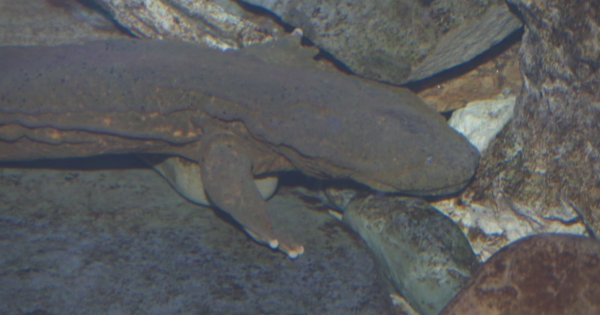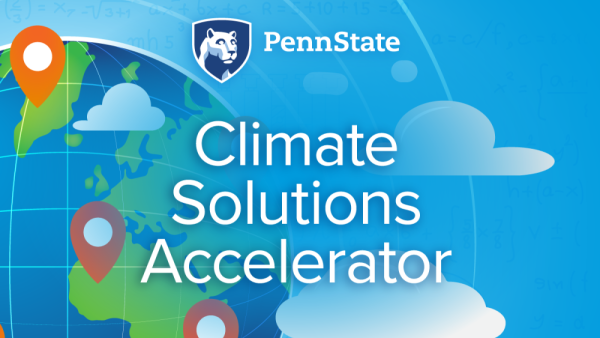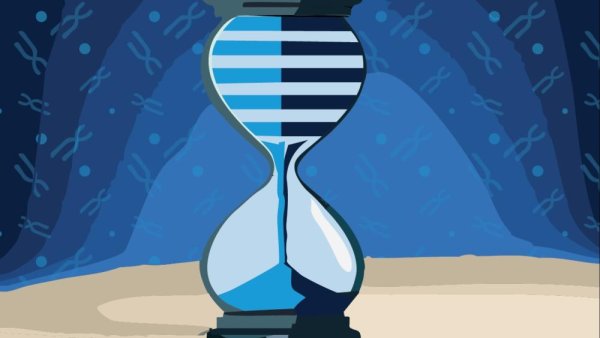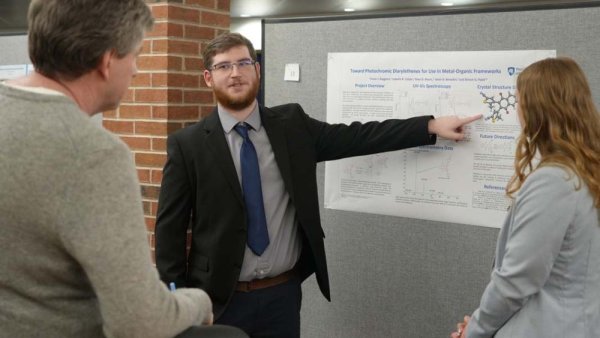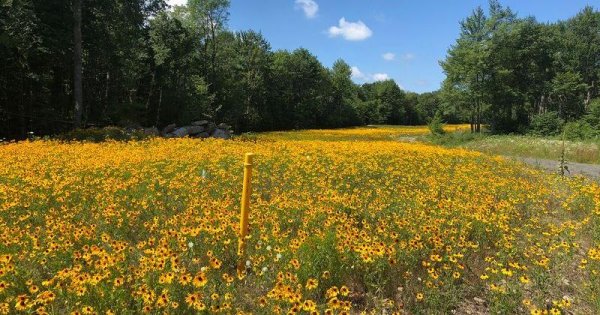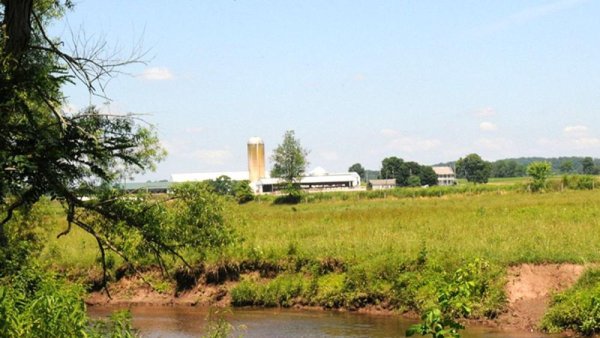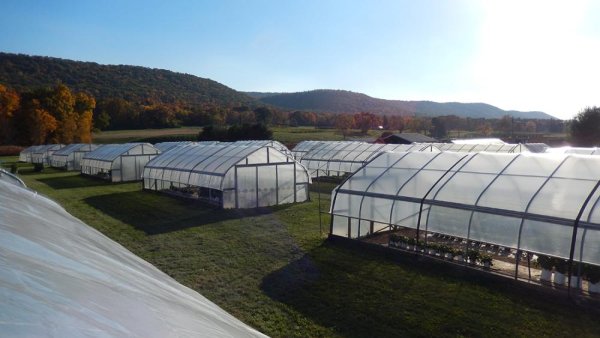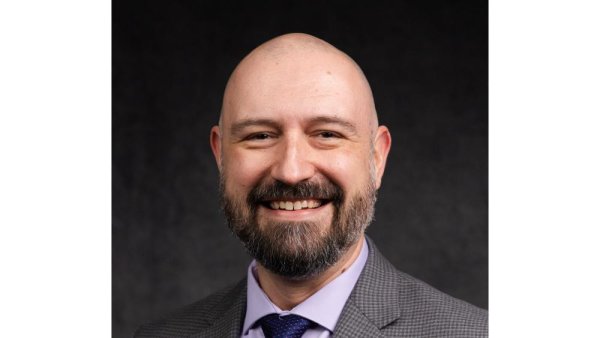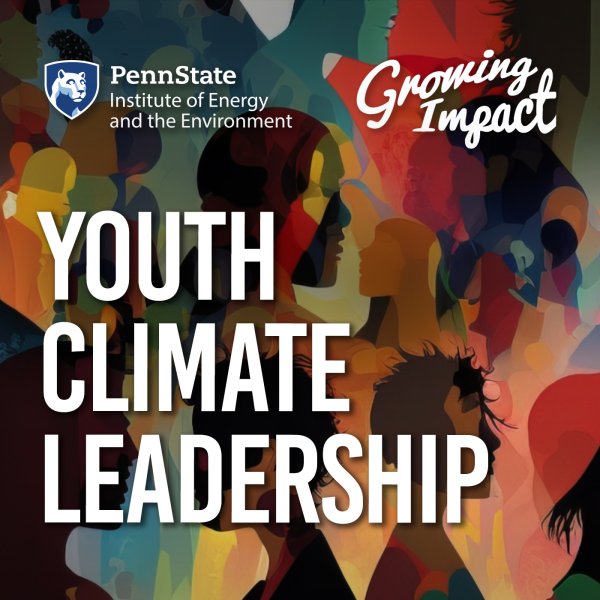Eastern hellbender's absence from Pennsylvania's waterways is warning sign of bigger problems
| cbsnews.com
Despite being the official state amphibian, hellbenders aren't exactly overflowing in Pennsylvania's waterways these days. This article mentions Penn State Outreach.
Climate change may affect kinship care patterns in Africa
| psu.edu
A new study highlights the effects climate change may have on children and social support systems in Africa, a question that has received relatively little attention from researchers and the policy community.
Q&A: Exploring brain-inspired engineered systems with Abhronil Sengupta
| psu.edu
Abhronil Sengupta, the Joseph R. and Janice M. Monkowski Career Development Assistant Professor of Electrical Engineering at Penn State, was granted a three-year, $360,000 Early Career Program Award from the Army Research Office. The award will fund a project exploring a holistic system-science-enabled perspective to design brain-inspired learning systems by understanding the role of astrocytes, an under-explored yet critical component of the brain responsible for enabling rich temporal dynamics that inform learning and memory.
Climate Consortium calls for interdisciplinary climate solutions proposals
| psu.edu
The Penn State Climate Consortium has announced a request for proposals for team projects that put proven climate solutions into action through interdisciplinary partnerships.
Calorie restriction study reveals complexities in how diet impacts aging
| psu.edu
Telomere length is affected when people restrict their caloric intake according to new research led by the Penn State College of Health and Human Development. The study, spearheaded by Idan Shalev, associate professor of biobehavioral health, contributes to understanding how the human body ages in response to caloric restriction.
Penn State, Morgan Advanced Materials partner to improve semiconductor materials
| psu.edu
Penn State and Morgan Advanced Materials have signed a memorandum of understanding to catalyze research and development of silicon carbide, known as SiC, a semiconductor material that operates more efficiently at high voltages than competing technologies.
Electrical engineering professor selected as 2024-25 Fulbright Scholar for Peru
| psu.edu
Julio Urbina, professor of electrical engineering in the Penn State College of Engineering, has been selected as a Fulbright Scholar for the 2024-25 academic year. He will spend a semester conducting research and teaching in Lima, Peru.
Winners announced in Penn State Hazleton Undergraduate Research Symposium
| psu.edu
Penn State Hazleton’s Undergraduate Research committee has announced the winners of the campus’ 2024 Undergraduate Research Symposium. Held from April 1 to 5 at the Mary M. and Bertil E. Lofstrom Library, the symposium showcased student research or scholarly work performed with Penn State Hazleton faculty members. Works were submitted in two categories: arts, humanities and social sciences and science, technology, engineering and math.
Power, pipeline corridors are becoming wildlife habitat
| bayjournal.com
No one particularly likes electric transmission lines and gas pipelines marching through communities and fragmenting forests. But some believe these linear strips collectively offer the last best hope for fostering fast-disappearing pollinator insects and grassland birds. This article quotes Carolyn Mahan, professor of biology and environmental studies at Penn State Altoona.
Penn State Extension to host agricultural conservation conference June 4-6
| psu.edu
Individuals working in agricultural conservation can dive into professional development opportunities by attending the “ACAP Ag Conservation Con,” June 4-6 at Toftrees Golf Resort, located at 1 Country Club Lane in State College.
Type of plastic film on high tunnels can filter sunlight, influence plant growth
| psu.edu
High-tunnel growing systems, sometimes called hoophouses, have gained popularity for their ability to enhance growth conditions and extend the growing season of horticultural crops. Now, a team led by Penn State researchers has demonstrated that growers can select various plastic film coverings on the structures — depending on their desired light-filtering properties — to protect plants and enhance their health.
NSF CAREER Award enables Penn State scientist to study new 3D printing materials
| psu.edu
An agricultural engineer in Penn State’s College of Agricultural Sciences is embarking on research to explore using plant-based materials for 3D printing, thanks to support from the U.S. National Science Foundation.

